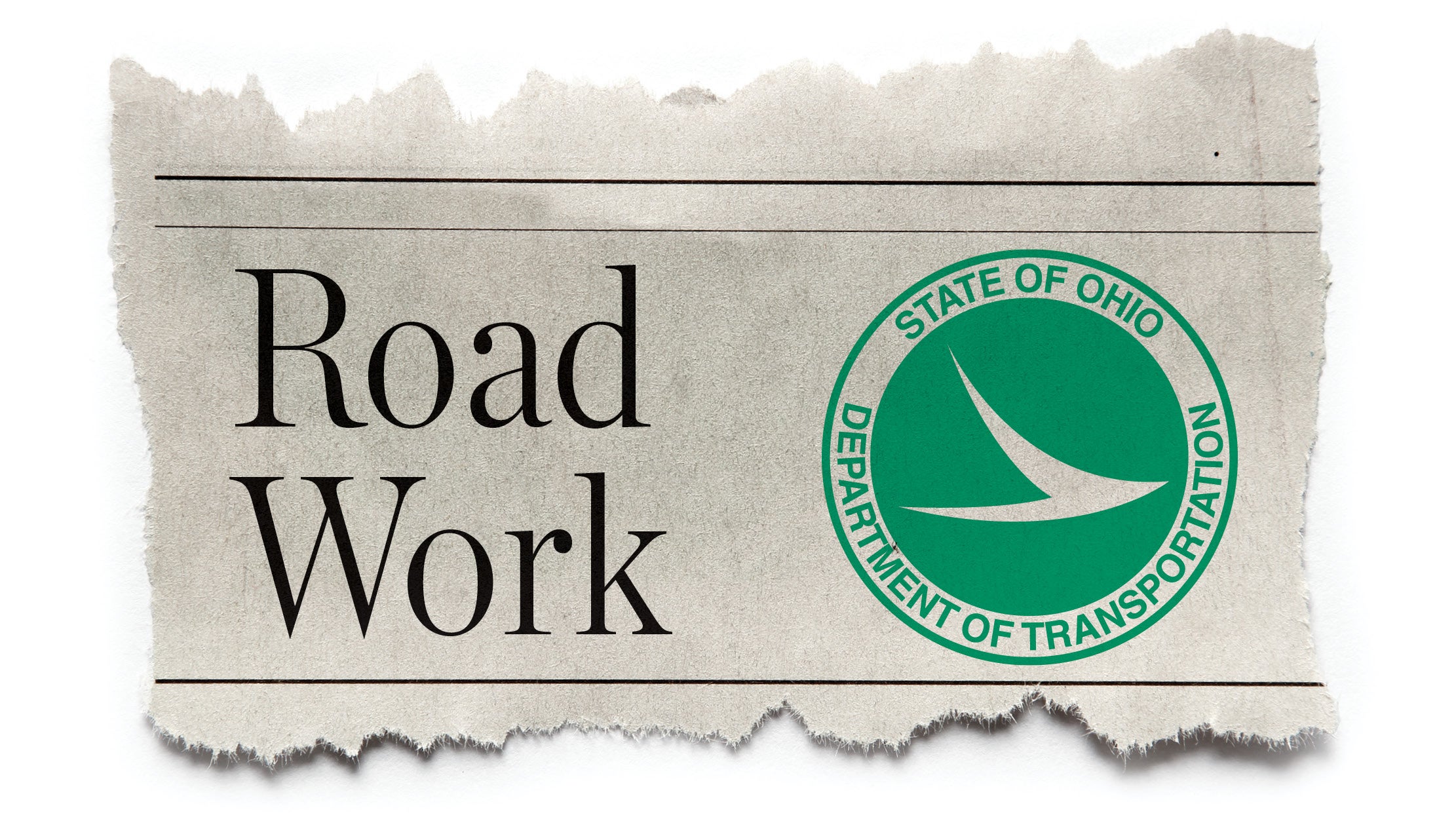Brown introduces bill aimed at protecting call center jobs
Published 8:44 am Monday, March 19, 2018
Says legislation would allow customers to transfer calls to U.S.
WASHINGTON, D.C. — U.S. Sen. Sherrod Brown, D-Ohio, says he has introduced legislation aimed at protecting call center jobs in Ohio and the U.S.
The senator’s office cited a new report from the Communications Workers of America, which they said shows banks are “aggressively offshoring call center jobs outside of the U.S., even after the same big banks disproportionately benefitted from the recent tax bill.”
Brown spoke on the topic on Wednesday during a conference call with supporters.
“Most Americans want to support American jobs by buying American whenever they can and that includes the customer service they get from call centers,” he said.
Brown has introduced a bill, the U.S. Call Center Workers and Consumer Protection Act, which he said would give preference in federal contracts to companies that have not relocated call center jobs overseas, require U.S. companies to identify the location of a call center and allow the customer to be transferred to a call center located in the U.S. if asked and require companies to notify the Department of Labor (DOL) before they relocate call centers.
Joining Brown on the call was Renee Rouser, a Youngstown call center worker.
“We want and need these good decent jobs in the U.S. We want to put the money back into our economy,” Rouser said. “Instead, corporate greed is being put in front of responsible and professional work. We as the employees should not be competing against call centers located in the Philippines, Mexico and other areas.”
Upon releasing the study in December, the CWA said, as of 2017, the Philippines had surpassed India as the top destination for U.S. companies off-shoring call center jobs, with American companies also opening call centers in a number of countries, including Egypt, Saudi Arabia, China and Mexico.
The union also cited security concerns for American consumers and said safeguards do not exist in overseas locations for dealing with personal information.




